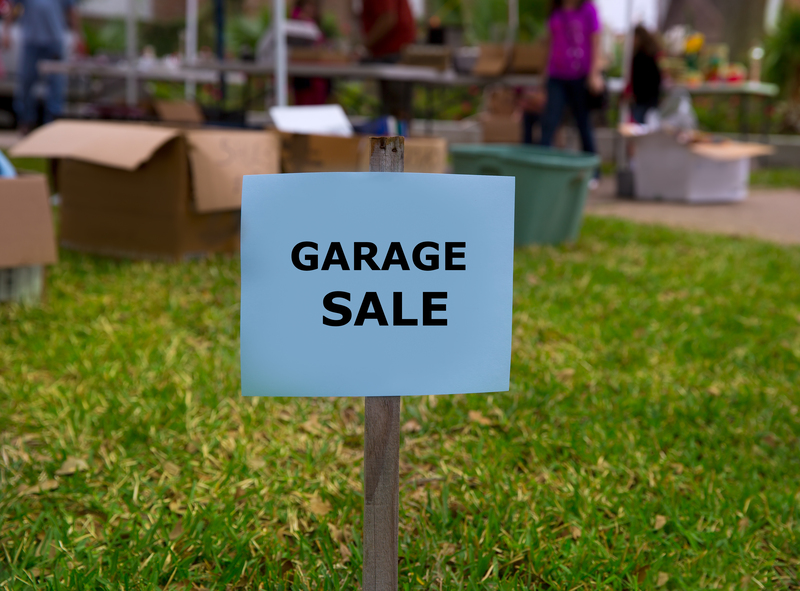London Fights Back Against Fly-Tipping: Strategies in Place
Posted on 08/09/2024
Fly-tipping has become an increasingly problematic issue in London over the years. This illegal dumping of waste on public and private property not only poses a threat to the environment but also impacts the aesthetic appeal of the city. However, London is not taking this issue lightly and has implemented various strategies to combat fly-tipping effectively. In this article, we will explore these strategies and their effectiveness in fighting against this crime.
The Magnitude of Fly-Tipping in London
Fly-tipping is not a new phenomenon in London, but its prevalence has been on a steady rise in recent years. In 2019/2020 alone, there were 148,700 reported incidents of fly-tipping in London, costing taxpayers ?12.4 million for cleanup and disposal. These numbers are staggering and show that more needs to be done to address this issue.

Strategies in Place to Tackle Fly-Tipping
London has implemented several strategies to deal with fly-tipping and keep the city clean. One of the most prominent initiatives is the 'Love Clean London' campaign launched by the Mayor's Office and Keep Britain Tidy. This involves engaging local communities and businesses to take responsibility for keeping their neighborhoods clean and reporting any instances of fly-tipping.
The City of London Corporation has also taken steps to combat fly-tipping by introducing CCTV cameras in known hotspots and increasing patrolling by enforcement officers. This has resulted in a significant decrease in fly-tipping incidents in these areas.
Additionally, councils across London have introduced bulky waste collection services, making it easier for residents to dispose of large items legally. These services are free or offered at a nominal fee, encouraging people to use them instead of resorting to illegal dumping.
The Pros and Cons of These Strategies
The strategies implemented by London have shown promising results in reducing fly-tipping instances. The Love Clean London campaign, in particular, has helped raise awareness and encourage individual responsibility. However, the cost of implementing these strategies can be high, and it remains to be seen if they are sustainable in the long run.
The increased use of CCTV surveillance has also raised concerns about privacy and civil liberties. Some critics argue that it is a violation of personal space and may not always be effective in catching fly-tippers.
Tips for Preventing Fly-Tipping
Apart from the efforts of authorities, there are some steps that individuals can take to play their part in preventing fly-tipping. These include:
- Properly disposing of waste: Make sure to use designated waste collection services or recycling centers to dispose of your waste appropriately.
- Report any suspicious activity: If you witness someone dumping waste illegally, report it to the authorities immediately.
- Educate others: Spread awareness about the consequences of fly-tipping and encourage others to do their part in keeping London clean.

Takeaways
Overall, London's fight against fly-tipping is ongoing, and it requires a collective effort from all stakeholders. The various strategies in place have shown positive results but also have their drawbacks. It is essential to continuously assess and improve these initiatives to ensure a cleaner and more sustainable city for all.
Conclusion
Fly-tipping is a serious problem that affects not only the environment but also poses health hazards to communities. London's efforts in tackling this issue through initiatives such as the Love Clean London campaign and increased surveillance are commendable. However, it requires a sustained effort from individuals, businesses, and authorities to keep London free from illegal dumping. Let us all do our part and work towards a cleaner and greener city for everyone.
